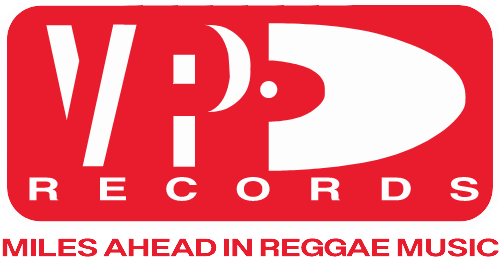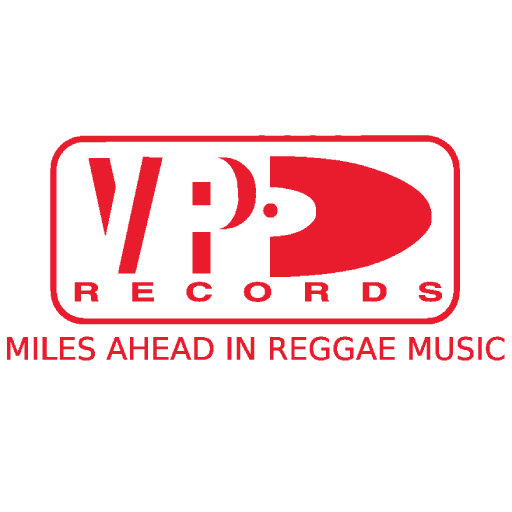MYSTIC REVEALERS & CHRONIXX
RALLY FOR SOCIAL CHANGE ON NEW SINGLE
“HERB MUST LEGALIZE NOW” OUT THIS WEEK ON iTUNES
Following the group’s latest collection Crucial Cuts (Jan 13, VP Records/Dub Rockers), the legendary reggae band Mystic Revealers releases the brand new track “Herb Must Legalize Now” (Feb 3, VP Records/Dub Rockers) featuring Jamaica’s rising star Chronixx. The song premiered on COMPLEX and is available this week on iTunes. The single, supporting legalization of the marijuana, comes at poignant time as the Jamaican Parliament will vote on the decriminalization of the plant within the next several weeks.
Listen/post Mystic Revealers “Herb Must Legalize Now” feat. Chronixx:
Chronixx also has a special connection with Mystic Revealers. He got his start at Jamnesia, which is owned and operated by the band’s lead singer and surf legend Billy Wilmot. The surf, skate and music hub located in Bull Bay, Jamaica (outside of Kingston) has become a crucial incubator for the latest wave of Jamaican music talent.



